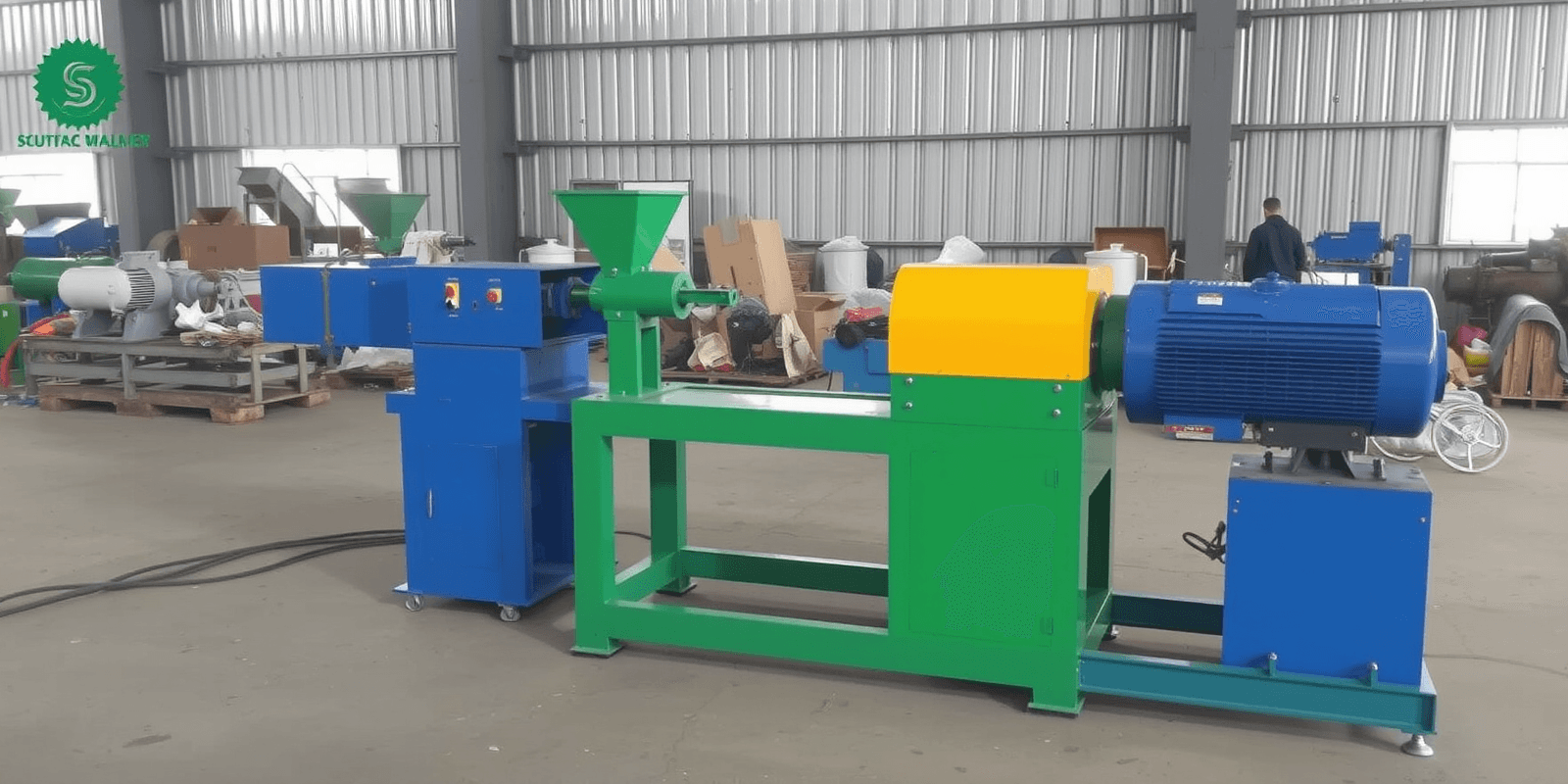Physical Address
304 North Cardinal St.
Dorchester Center, MA 02124
Physical Address
304 North Cardinal St.
Dorchester Center, MA 02124

With the increasing global awareness of environmental sustainability, recycling has become a crucial aspect of waste management. One of the most effective methods for managing plastic waste is through the use of plastic granulators. These machines play a significant role in converting waste plastics into reusable materials, thereby reducing environmental pollution and conserving resources.
A plastic granulator is a machine designed to process waste plastics by reducing them into smaller pieces or granules. This process, known as size reduction, is essential for preparing waste plastics for further recycling processes. The granulator works by shredding, crushing, and cutting large plastic pieces into smaller fragments, which can then be easily processed for recycling.
The primary function of a plastic granulator is to break down plastic waste into smaller particles. This is achieved through a combination of mechanical forces, such as shearing, compression, and impact. The design of the granulator includes a series of rotating blades or cutters that move against a fixed bed knife. As the plastic waste is fed into the machine, it is subjected to these forces, resulting in the fragmentation of the material.
There are different types of plastic granulators available, each suited to specific applications. For example, single-shaft granulators are ideal for processing larger volumes of plastic waste, while twin-shaft granulators are more suitable for denser materials. Additionally, underwater granulators are used for processing high-quality resins and are often employed in the production of pellets.
The use of plastic granulators offers several advantages in the recycling process. Firstly, they enable the efficient conversion of waste plastics into reusable raw materials. By reducing the size of plastic waste, granulators facilitate the separation of different types of plastics, making it easier to sort and process them for recycling. Furthermore, the granulation process helps to remove contaminants and impurities from the plastic waste, improving the quality of the recycled material.
In addition to enhancing the recycling process, plastic granulators also contribute to reducing environmental pollution. By diverting plastic waste from landfills and incinerators, granulators help to minimize the negative impacts of plastic waste on ecosystems and human health. Moreover, the production of recycled plastics requires less energy and resources compared to producing virgin plastics, leading to a reduction in greenhouse gas emissions and resource depletion.
Plastic granulators play a vital role in the recycling process by preparing waste plastics for further processing. The granulated material produced by these machines can be used in various applications, including the manufacturing of new plastic products, construction materials, and packaging solutions. This not only reduces the demand for virgin plastics but also creates economic opportunities for businesses involved in the recycling industry.
The integration of plastic granulators into recycling systems also promotes circular economy principles. By transforming waste plastics into valuable resources, granulators contribute to the creation of a closed-loop system where materials are continuously reused and recycled. This approach helps to reduce waste, conserve resources, and minimize the environmental footprint of plastic production and consumption.
In conclusion, plastic granulators are essential tools in the recycling of waste plastics. They offer numerous benefits, including the efficient preparation of waste plastics for further processing, the removal of contaminants and impurities, and the reduction of environmental pollution. By incorporating plastic granulators into recycling systems, we can promote sustainable practices and contribute to a cleaner, more resource-efficient future.
For those interested in learning more about plastic granulators and their applications, there are several resources available online. The Plastics Recycling Organization provides valuable information on recycling technologies and best practices. Additionally, the Recycling Today website features articles and case studies related to the use of plastic granulators in the recycling industry.